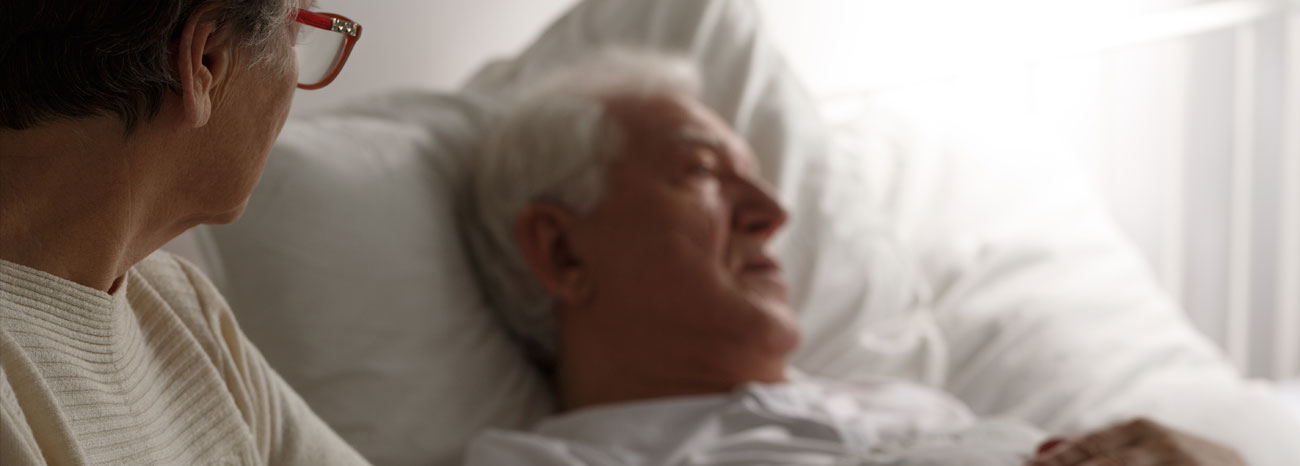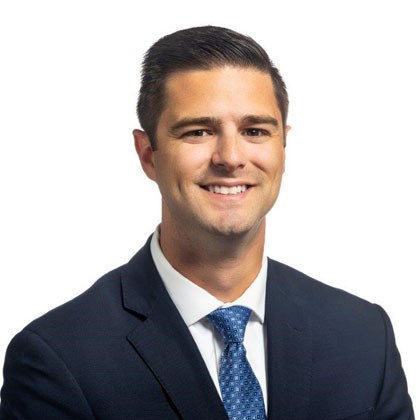Another Form Of Nursing Home Abuse: Has Your Loved One Been Overmedicated?

Nursing home abuse can come in many different forms, the most common forms being physical abuse, sexual abuse, emotional abuse, and financial crimes. However, another common, and increasingly harmful form of abuse in nursing homes is the overmedication of its most vulnerable residents. While the signs of physical abuse may be evident, the indicators of overmedication of residents, typically suffering from dementia and Alzheimer’s, are not so apparent to the untrained eye.
Therefore, if you have a family member or loved one in a skilled nursing facility, it is important to know the dangerous, and potentially lethal signs of overmedication. Many of these facilities support residents suffering from the tragic effects of Alzheimer’s and dementia. Unfortunately, it is not uncommon for nursing homes to overmedicate residents to keep them calm or quiet their outbursts caused by dementia and Alzheimer’s. Antipsychotic drugs are often given to residents to stop the agitation that so frequently accompanies dementia or Alzheimer’s disease.
Many facilities are understaffed and employ individuals with inadequate training. In many cases, the combination of understaffing and inadequate training, coupled with a resident suffering from the tragic consequences of dementia or Alzheimer’s leads to staff overmedicating a resident out of convenience, rather than medical necessity. In essence, overwhelmed staff members may use antipsychotic drugs as a form of chemical restraint to quell the difficult-to-handle effects of dementia. Since physical restraints are outlawed in most cases, staff increasingly, and often surreptitiously, keep agitated residents docile through the administration of these drugs. This is wrong, illegal, and dangerous to the resident. Overmedication is a form of nursing home abuse.
Residents’ rights are governed by Federal Statute. Specifically, 42 C.F.R. § 483.10(e) entitled “Respect and Dignity” states “The resident has a right to be treated with respect and dignity, including: (1) The right to be free from any physical or chemical restraints imposed for purposes of discipline or convenience, and not required to treat the resident’s medical symptoms, consistent with § 483.12(a)(2).” Even more, nursing homes are required to use non-pharmacologic methods to treat residents before resorting to psychotropic medications pursuant to 42 C.F.R. § 483.40.
However, the fact is that some nursing home administrators give tacit approval to using chemical restraints on specific residents. Physically restraining a resident is generally unlawful, except for very limited circumstances. Physically restraining a resident is obvious, but many facilities have found that they can achieve the same goal – restraining or sedating the resident – by administering medically inappropriate antipsychotic drugs. In fact, a study from the U.S. Department of Health and Human Services found that many skilled nursing facilities continue to administer these dangerous medications despite the Federal Regulations. Even more, a 2018 Human Rights Watch report echoed these findings, stating that many facilities administer these antipsychotic medications as a cost-effective chemical restraint to suppress behaviors and ease the workload of overwhelmed staff.
Antipsychotic drugs were designed for emergencies when patients are a danger, either to themselves or others. These powerful medications were not meant to substitute for inadequate staffing or for patient movement restriction. It is important to note that overmedication may occur when staff administer an excessive amount of medication. However, overmedication may also occur when staff administer an unnecessary medication, even within the prescribed dosage.
If your loved one is exhibiting any of the following symptoms, they may be the victim of overmedication:
- Constant Sleeping
- Disorientation
- Lethargy
- Grogginess
- Withdrawal
- Weight Loss
Loved ones typically describe their overmedicated parents as “zombies,” robbed of their personality – slurring their words, unable to think or stay awake. Overmedication of a resident can lead to long-term, serious health issues, and in some instances, even cause or contribute to one’s death. Despite the increased risk of death associated with antipsychotic drugs, some nursing homes still choose profit over the welfare of residents. If you suspect your loved one is being overmedicated, or has been overmedicated, you should contact an attorney.
Questions regarding this article and nursing home abuse, neglect, or wrongful death, or to schedule a free consultation, may be directed to Vincent R. Cocco at 215-540-2633 or vcocco@timoneyknox.com.
Timoney Knox's Commercial and Civil Litigation Law Group
Timoney Knox’s Litigation Group will think through your case and communicate clearly with you to ensure that we effectively defend your interests before, during, and after litigation. We attend to our clients’ cases with integrity and a commitment to reaching a satisfying conclusion. No matter the occasion or the methods of dispute resolution involved–in a legal filing, a courtroom, a negotiation with opposing counsel, or in arbitration or mediation–we will stand with you, think creatively about how best to advance your interests, and advocate strongly for your legal position. Our goal is to prevail and to prevail on your terms.






